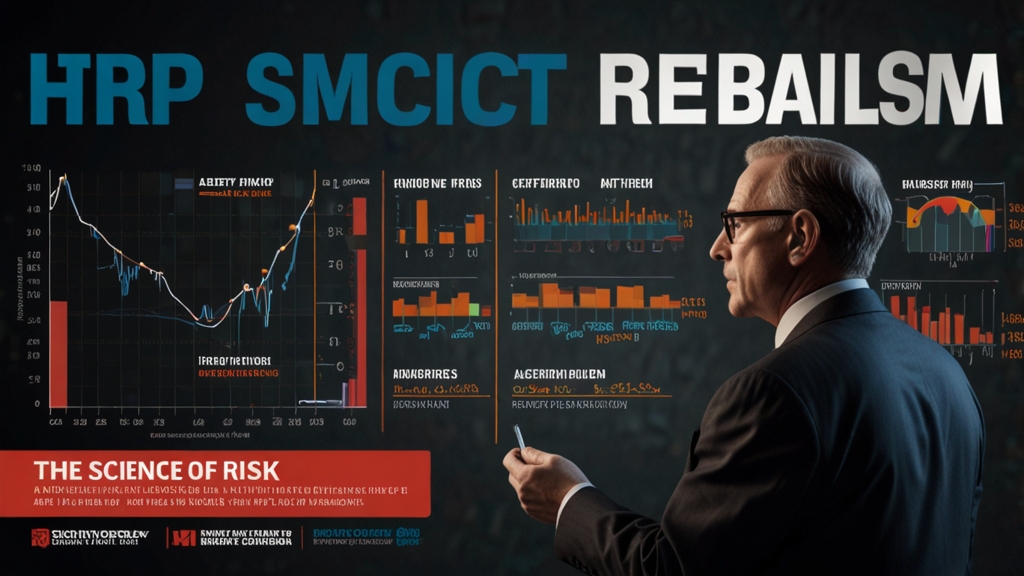Was Thomas Jefferson a Hypocrite? A Closer Look at His Legacy
Thomas Jefferson, the third President of the United States and the principal author of the Declaration of Independence, is one of the most revered figures in American history. His contributions to the early formation of the nation, including his advocacy for democratic principles and individual freedoms, form a significant part of his enduring legacy. However, Jefferson's life and actions have also sparked intense debate and criticism, leading many to question whether he was a hypocrite.
The Dichotomy of Liberty and Slavery
One of the most glaring contradictions in Jefferson's life is his stance on liberty juxtaposed with his status as a slave owner. In the Declaration of Independence, Jefferson famously wrote, "We hold these truths to be self-evident, that all men are created equal." Yet, he owned over 600 slaves throughout his lifetime, many of whom lived under harsh conditions at his plantation, Monticello.
"Jefferson was deeply involved in the intellectual and political life of his time, which makes his continued enslavement of other human beings all the more troubling." - Historian Annette Gordon-Reed
Jefferson's personal correspondence and writings reveal his complex and often contradictory views on slavery. While he publicly condemned the institution and even proposed gradual emancipation plans, he simultaneously benefited from the economic advantages it provided. This hypocrisy creates a fundamental tension in how we evaluate his contributions to American ideals of freedom and equality.
Advocate for Religious Freedom vs. Personal Beliefs
Jefferson was an ardent advocate for religious freedom, instrumental in the passage of the Virginia Statute for Religious Freedom in 1786. This statute laid the groundwork for the First Amendment rights pertaining to freedom of religion in the U.S. Constitution. Despite his public commitment to religious liberty, Jefferson held personal beliefs that were often at odds with organized religion. He was particularly critical of the influence of clergy and traditional Christian doctrines.
"I have examined all the known superstitions of the world, and I do not find in our particular superstition of Christianity one redeeming feature." - Thomas Jefferson, Letter to Dr. Woods, 1797
These views reflect the Enlightenment values Jefferson espoused, but they also bring to light the complexities inherent in advocating for freedoms that one personally finds questionable. This contradiction did not diminish his impact on religious liberty but adds another layer to the understanding of his philosophical and moral orientations.
Champion of Democratic Values vs. Elitist Tendencies
Jefferson's vision of America was one where democratic values and civic participation were paramount. He believed in the wisdom of the "common man" and championed public education as a means to ensure an informed electorate. Nevertheless, his vision of democracy had limitations. For instance, his concept of the ideal citizen was largely confined to white, land-owning males.
Moreover, Jefferson harbored elitist tendencies, which became evident in his dealings with Federalists and his political opponents. He was known for his disdain towards Alexander Hamilton and other Federalist leaders, yet he too engaged in political machinations and partisanship. This dissonance points to another area where Jefferson's ideals and actions were not always in harmony.
Conclusion: A Legacy of Complex Narratives
Thomas Jefferson's legacy is a tapestry of profound achievements and unsettling contradictions. Labeling him solely as a hypocrite overlooks the nuances and transformation of his thoughts over time. However, it is essential to critically assess these contradictions to garner a more holistic understanding of Jefferson as both an individual and a historical figure.
"One of the great challenges of historical inquiry is to examine the past in all its complexity, resisting the urge to simplify or to whitewash." - Historian Jon Meacham
While Jefferson's contributions to the foundational ideals of America are undeniable, they are intertwined with actions and beliefs that often contradicted these very principles. By acknowledging these complexities, we can engage in a more informed and balanced discourse about his legacy, ensuring that his faults are neither ignored nor disproportionally magnified.








